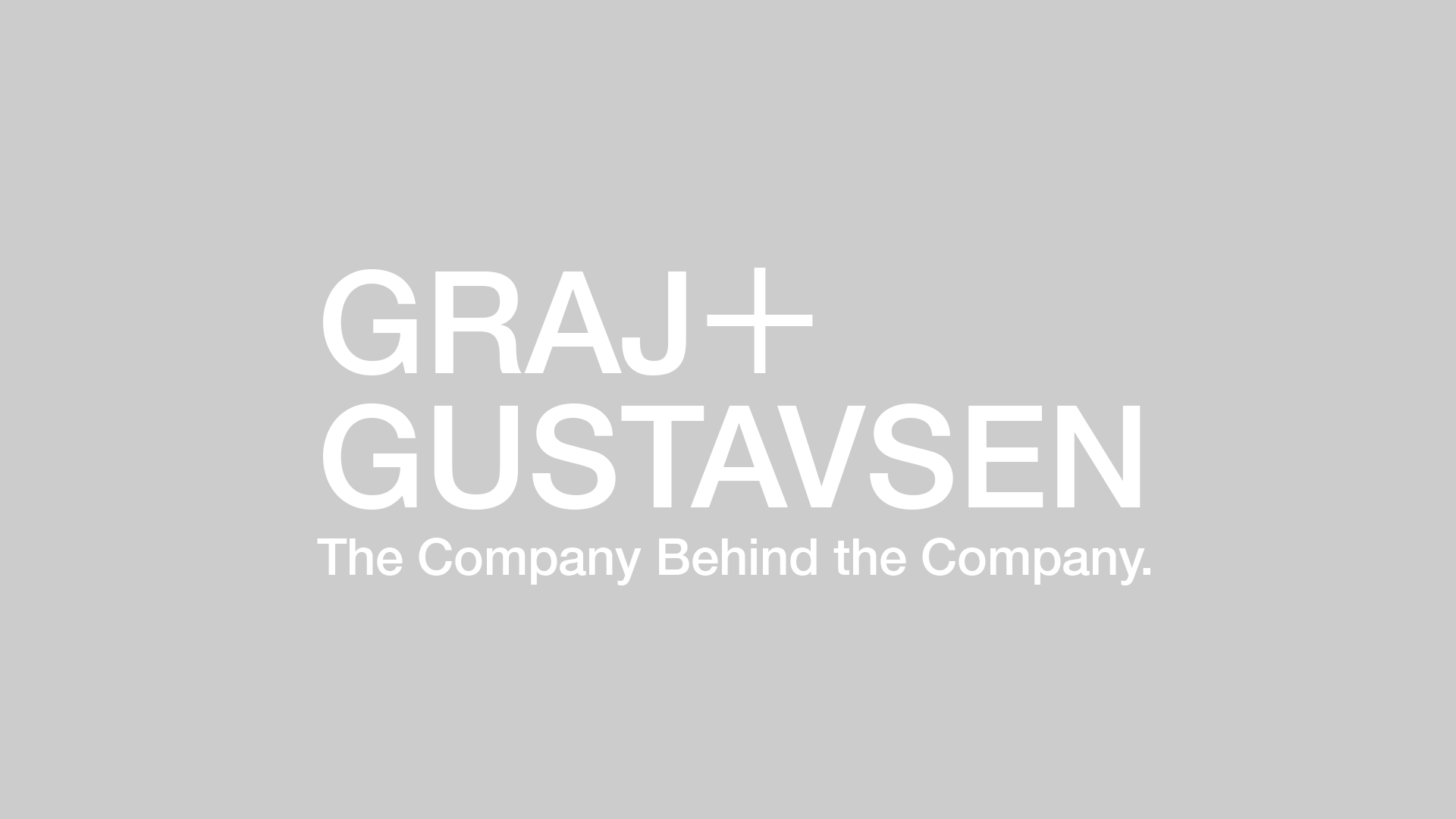If you strolled through Boston Commons during Halloween season in the first half of the last decade, you were likely bowled over by a scaffolding jammed with tens of thousands of glimmering carved pumpkins. Those displays were sponsored by an outfit called Life is Good. The company’s merchandise now includes several lines of goods, all identified with the ubiquitous Jake logo . . . and Life is Good philanthropy has benefited a number of children’s causes.
Launching their company in 1998 and after five years of ho-hum results in the tee-shirt business, founders Bert and John Jacobs conducted their first focus groups among friends. They discovered that people had a strong appetite for positive and optimistic messages. Folks felt good about companies in sync with the bright side of life. This Big Truth was, I should note, unearthed more or less by accident, as great business wisdom often is.
Life is Good has staged inspiring Watermelon and Pumpkin Festivals and even fund-raisers at Fenway Park. You don’t have to think on such an epic scale. The majority of businesses could do much better just by humanizing their core attitudes toward customers. It’s neither smart nor emotionally rewarding to regard customers as fodder for a sales meat grinder.
We’re undergoing a transformative time in business. Keen economic pressures have caused most businesses to knee-jerk react to customers in a wholly unhealthy way. Are companies embracing consumers to figure out how their businesses can help make life easier for strapped customers? Few are. Instead, consumers are relentlessly targeted and exploited – especially when a sales campaign is coated with the cloying syrup of fake friendliness and customer appreciation.
Let me share a recipe for success. Be forewarned: It will only deliver stellar results if you improvise the proportions based on your gut instinct.
• Recognize the new formula of success is a non-formula.
• Your most important moments of communication with customers happen when they turn to you to ask for help or to voice opinions.
• If they are to get meaningful help, you and your people have to be prepared to be open and vulnerable . . . and not anxiously serve up pre-cooked answers.
• Your openness and vulnerability will be deemed a strength and not a weakness by customers. It’s also likely to endow your business with word-of-mouth celebrity that by-the-books marketers can only dream of.
In this new year and decade, I commend you to roll up your sleeves and applaud your people when they chip away at being phony with your customers. Casual familiarity has become a posture . . . a carefully calculated cliché. The immediacy of the interaction has to shine through. It can’t be studied. People are hungry for the real thing.


